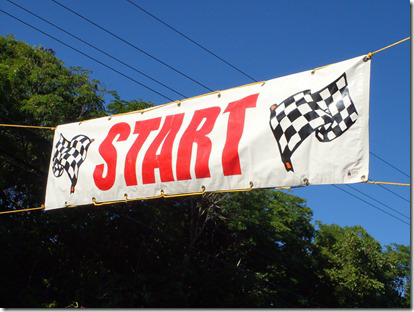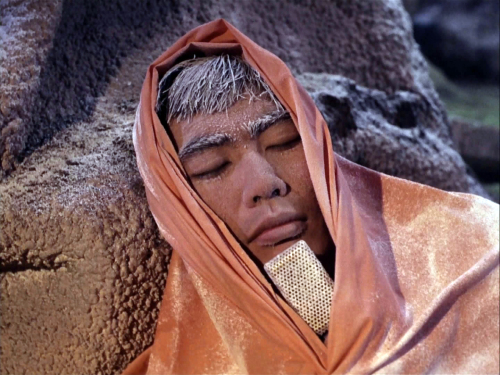Today, I’m delighted to have a guest post by my friend, Carol McGrath. Carol is a very successful historical novelist and is one of the most supportive writers around. This piece made me more than a little jealous. It gives an insight to where she writes and the way in which she goes about writing. There are links to her books at the end.
Over to Carol.
A Writing Retreat in Greece

What is a writing retreat? Is it a physical space, a state of mind or both? I have several physical places where I write, both the Greek Mani and a village in Oxfordshire, but the true retreat really is when I withdraw from the everyday world into one that allows my imagination to flow. That is when I can recreate historical landscapes and people them with my version of historical characters. They are real personalities who once walked the earth and imagined ones who live in my head. To write, I have to be in a place where I am relaxed and can, with ease, paint scenes with words but I need to be in a state of grace to write and, as this is not my usual state of mind, when it happens it is special.
Writing an historical novel is all about research and transferring that into a fictive form. It is all about excavation and burial in order to recreate a convincing historical world, peopled with interesting personalities as well as owning an engaging narrative. It takes me a year to research a novel and another to write one. After that, a considerable time is spent editing with my editor helping this stage along.
Researching is the easy part. I love it and as I live close to Oxford, I can use the Bodliean Library where I explore primary as well as secondary source material. I was fortunate in that much of the research I undertook for my debut work, The Handfasted Wife, set in the aftermath of 1066, served me well as a basis for the two companion novels in this Trilogy- The Swan-Daughter and The Betrothed Sister.
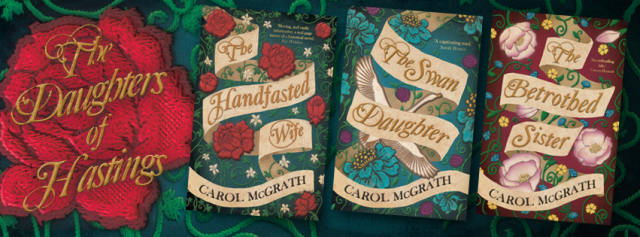
I use pen and notebooks for research. I label my notes carefully and keep them on shelves in my study along with the huge library of research books I have gathered over the years. One thing I learned on a PhD programme at Royal Holloway was to meticulously note down the book’s provenance and the precise pages from which I extract material.
Some research books and notebooks accompany me to the Greek Mani every year. This is where I find my state of grace. We drive down in the late spring and back in November. I am back and forwards in-between but then I fly. We permanently rent a stone house in the southern Peloponnese between the sea and the mountains.
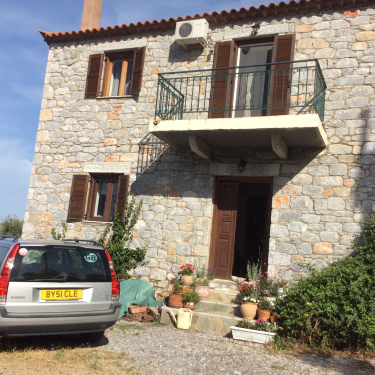
It is an overgrown country cottage, covered with honeysuckle and bougainvillea. We have views of the Gulf of Messine from our windows and we can walk or cycle to the sea and to local villages.
I have written the best part of three novels there. It is quiet and though I have many friends I have few distractions. I can just be. It is where I focus best. I plan a book in three acts with lists and especially characters.
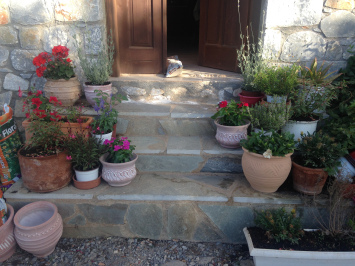
I often write with pen and paper before transferring the work to my lap top. I keep a notebook with character notes for each story. When I am ready to begin, I write into the story for about 10k words to get my characters into my head and after that I stop, plan in more detail and review those initial chapters. I don’t write a lot in a session. I break sessions up. Of course, I further review during the editing stage, of which there are a considerable number. Importantly, after the first lot of words, the characters are with me and I am off. If I believe in my characters, hopefully my readers will as well.
Kardamyli is a perfect place to write. Paddy Leigh Fermor wrote here, as did Bruce Chatwin on occasion. Chatwin’s ashes lie buried outside a small, difficult to find, Orthodox Church in the Taygetis Mountains above my house.
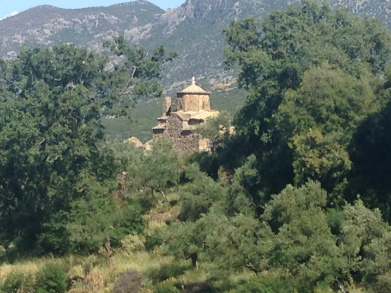
These mountains hold hidden villages in their folds, the homes of a proud people who farm and keep sheep and goats in caves and in rocky pastures as well as in their olive groves. It is an older way of life, a slower pace, yet by no stretch of the imagination are these people poor. They own a rich culture and love to sit outside a café shooting the breeze of an evening over coffee, ouzo and wine. Many of them run successful bars, cafes, restaurants down on the coast during summer.
I am part of a small writing group. On Wednesday evenings, we play scrabble under the trees and, during August, writing friends from England come out To the Mani, stay, write and join in. That is when my house is a true writing retreat with the vibrant exchange of ideas.
At the moment, I am in England, working on publisher edits for my latest novel The Woman in the Shadows, an historical fiction about Thomas Cromwell’s wife Elizabeth. It will be available on August 4th 2017. Accent are also republishing the successful Daughters of Hastings Trilogy with beautiful new covers, maps and family trees. After this, I am contracted to write three novels about medieval queens. I have researched the first and hope to begin writing it over the coming months. I know, of course, that the place where I shall discover my state of grace for the next novel will be my writer’s retreat in The Greek Mani.
My Links
https://www.facebook.com/daughtersofhastings
http://scribbling-inthemargins.blogspot.gr/
http://www.goodreads.com/author/dashboard
Follow me on Twitter @carolmcgrath
http://pinterest.com/carol0275/
http://www.carolcmcgrath.co.uk
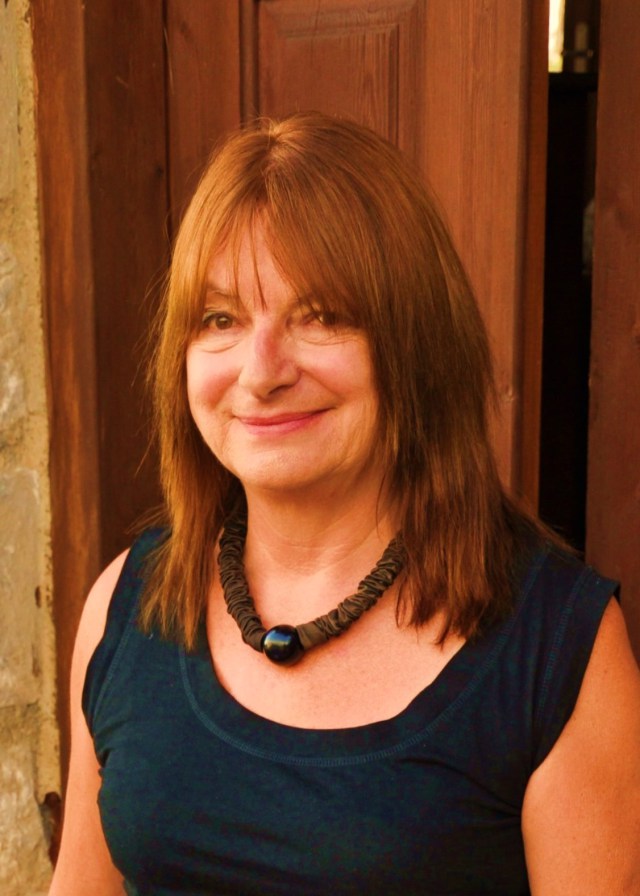
Thank you, Martin, for inviting me to ‘speak’ on your blog. I very much enjoyed mind travelling to the Hellenes as I wrote it.
I hope you’ve enjoyed this and other posts as much as I have. If you’re an author and would like to share your writing place with readers please get in touch and book a slot. If you’re a reader and would like me to invite a favourite author to contribute please let me know and I’ll see what I can do.
Advertisements Share this:

